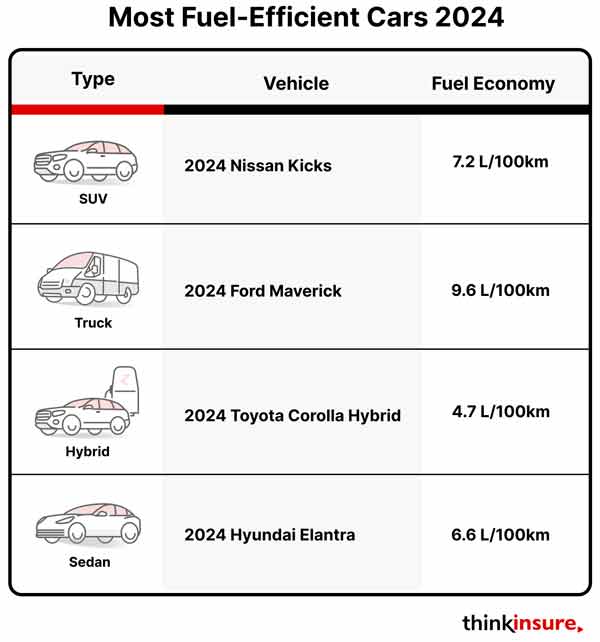Rise by Six: Your Daily Dose of Inspiration
Explore insights and stories that elevate your day.
Fuel Efficiency: The Unsung Hero of Modern Driving
Discover why fuel efficiency is the ultimate game-changer for modern driving and how it can save you money and the planet!
Maximizing Fuel Efficiency: Tips for Everyday Drivers
Maximizing fuel efficiency is a crucial goal for everyday drivers looking to save money and reduce their carbon footprint. One of the simplest ways to improve your vehicle's fuel economy is by maintaining proper tire pressure. Under-inflated tires can significantly decrease efficiency, so check your tire pressure at least once a month. Additionally, regular vehicle maintenance, including timely oil changes and air filter replacements, plays a vital role in ensuring your engine runs smoothly and efficiently. By keeping your car in top condition, you can help maximize its fuel efficiency.
Another effective strategy to enhance fuel efficiency is adjusting your driving habits. Consider adopting a smoother driving style; rapid acceleration, hard braking, and excessive speeding can lead to increased fuel consumption. Here are some simple tips to implement:
- Avoid excessive idling by turning off the engine when parked.
- Use cruise control on highways to maintain a steady speed.
- Limit the use of air conditioning, as it can put additional strain on the engine.

The Science Behind Fuel Efficiency: How It Impacts Your Wallet and the Environment
Understanding the science behind fuel efficiency is crucial for both economic and environmental reasons. Fuel efficiency refers to how effectively a vehicle converts fuel into distance traveled, typically measured in miles per gallon (MPG). Higher MPG ratings mean drivers save money at the pump, reducing their overall fuel expenses. For instance, a vehicle that achieves 30 MPG will consume significantly less fuel than one that only reaches 15 MPG for the same distance. This difference can translate to hundreds or even thousands of dollars saved annually, demonstrating the profound impact of fuel efficiency on your wallet.
Moreover, fuel efficiency plays a vital role in minimizing environmental impact. Vehicles that consume less fuel emit fewer greenhouse gases, thereby lowering their carbon footprint. As more people opt for fuel-efficient vehicles, the collective reduction in emissions can contribute to cleaner air and combat climate change. Some studies suggest that by improving the average fuel efficiency of cars on the road, we could significantly decrease our reliance on fossil fuels, which in turn benefits our planet. Investing in fuel-efficient technology is not just a smart financial decision; it's a step toward a more sustainable future for all.
Common Myths About Fuel Efficiency Debunked: What Every Driver Needs to Know
Fuel efficiency is often surrounded by myths that can mislead drivers and affect their choices at the pump. One common myth is that premium gasoline significantly enhances fuel economy. In reality, most vehicles are designed to run on regular unleaded fuel. Using premium fuel in vehicles that do not require it often results in no noticeable improvement in performance or fuel efficiency. Instead, drivers may only end up spending more money at the gas station without any tangible benefits.
Another prevalent misconception is that driving at high speeds will get you to your destination faster and therefore save fuel. In fact, driving faster often leads to increased wind resistance and less efficient engine performance, which can result in higher fuel consumption. Most vehicles achieve optimal fuel efficiency at speeds between 45-65 mph. Therefore, adhering to speed limits not only keeps you safe but also helps in maximizing your fuel efficiency.